A leading AI scientist and futurist has predicted that humans will develop the ability to stay young for longer.
Ray Kurzweil—known for some spot-on predictions, such as stating that humans would use portable computers and wireless technology by 2009, and some less accurate ones, including that self-driving cars would be in use by then and technological leaps would result in constant economic growth—has said humans will develop "longevity escape velocity," by 2029.
"Longevity escape velocity" is the idea that humans will be able to extend our life expectancies by so much that we will essentially turn back the clock on ourselves.

Speaking with Bessemer Venture Partners, Kurzweil, a principal researcher and AI expert at Google, said: "So, right now, you go through a year and use up a year of your longevity. However, research is advancing and it's curing various diseases.
"You're actually getting back on average about four months a year. So you lose a year of longevity. You get back about four months because of scientific research. However, scientific research is also on an exponential curve. By 2029, you'll get back a full year. So you lose a year, but you get back a year."
He added to his prediction, explaining: "We're constantly replacing a lot of our body all the time. In fact, most of our body is constantly dying and recreating. And as we go through more and more scientific progress, we'll extend that. Forever. So once you're past longevity escape velocity, you go through a year, you're not a year older and you're not more likely to die."
Kurzweil is confident in his prediction about medical advances because of how quickly the medical community was able to create and produce the COVID-19 vaccine.
He explained that, while it used to take about 19 years for medical advancements to hit the market, the COVID-19 vaccine was designed in just two days and sent to market in 10 months, meaning that medical advancements are no longer held back by long timelines.
This vaccine was created with emergency funds and was sent to the global population as a public health measure.
Kurzweil made it clear that this technology does not account for accidents or sudden death.
He told Bessemer Venture Partners that advances in medicine do not "guarantee you living forever. You could have a 10-year-old and you could compute that he's got many, many decades of longevity, but he could die tomorrow."
The secret to eternal youth has been coveted across the ages, from characters in fiction like Peter Pan and Dorian Gray to tech entrepreneur Bryan Johnson, who is trying to reverse aging by experimenting on himself.
Johnson, whose work was not mentioned by Kurzweil, spends $2 million a year on anti-aging experiments such as receiving blood transfusions from his teenage son, injecting fat into his face and undergoing gene therapy. He also sells Blueprint Longevity Mix supplements.
Do you have a story we should be covering? Do you have any questions about this article? Contact LiveNews@newsweek.com
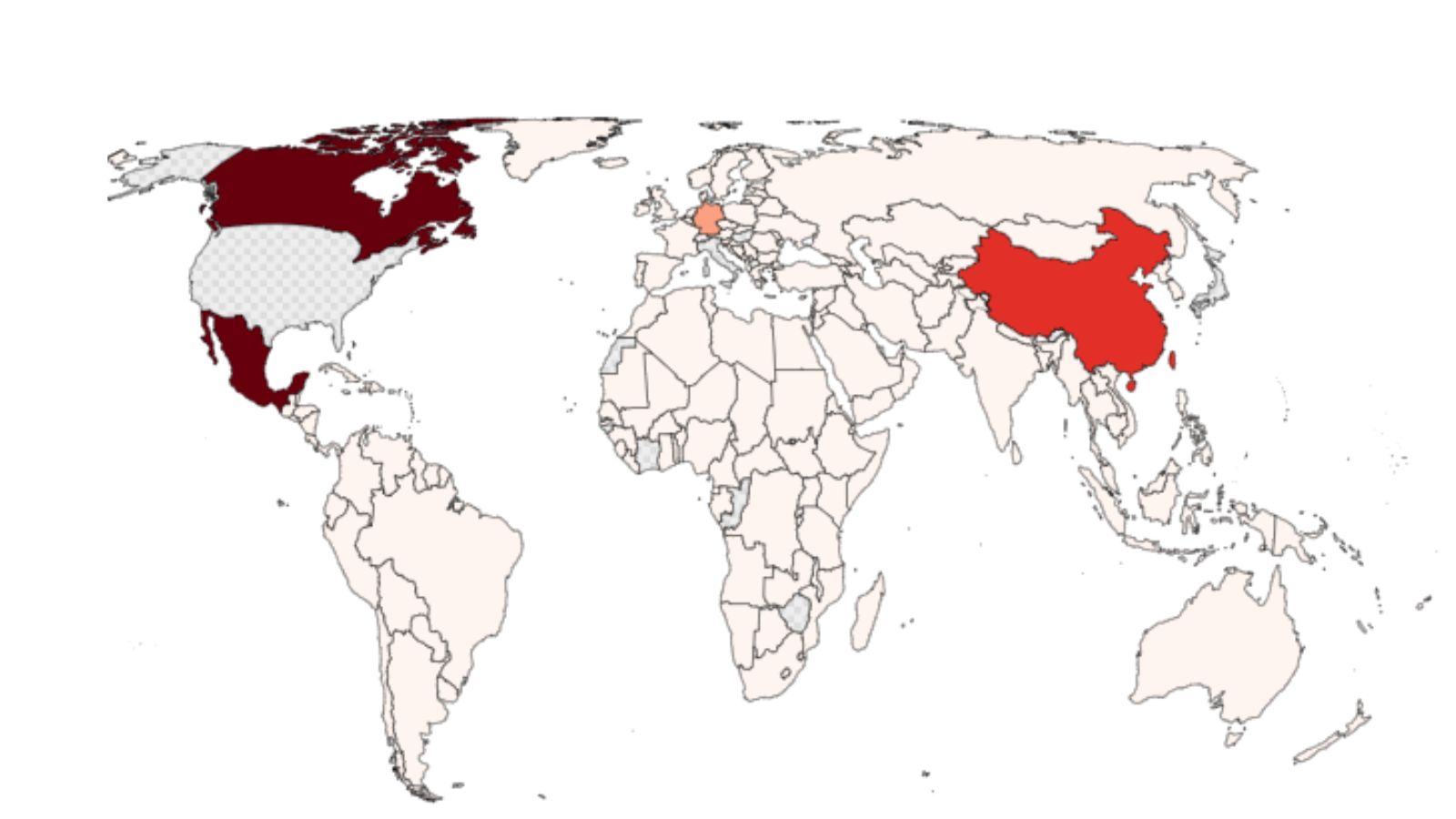


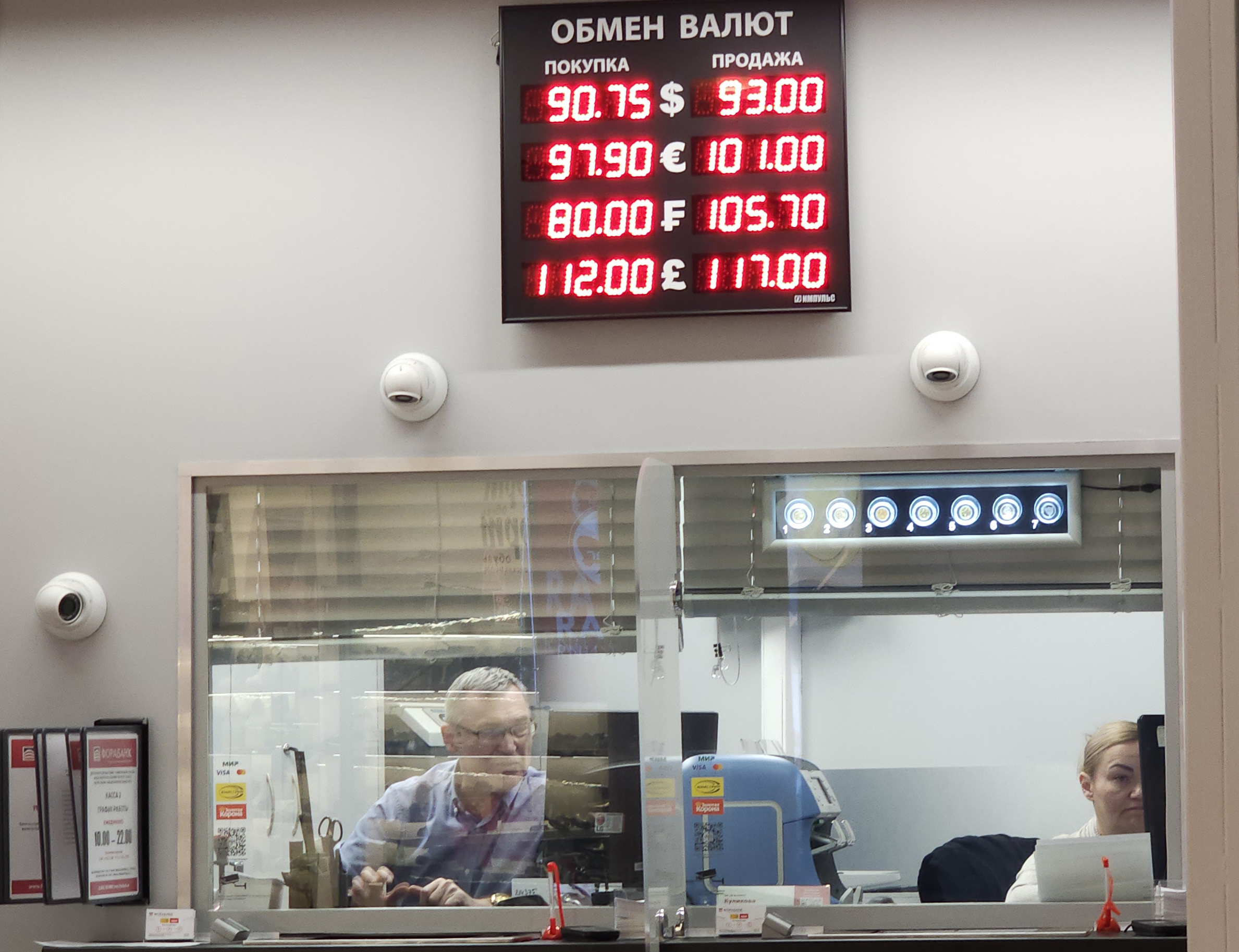


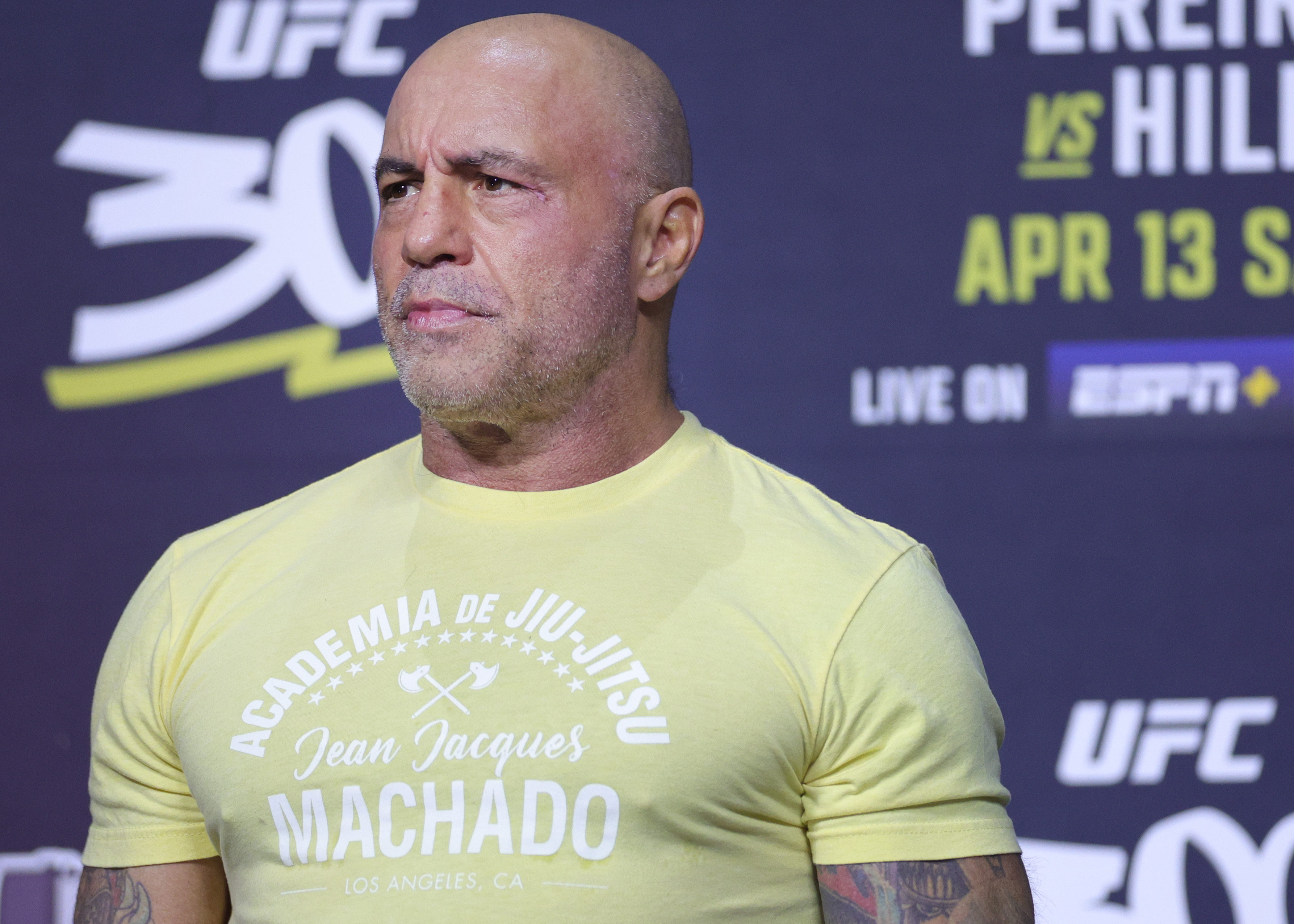

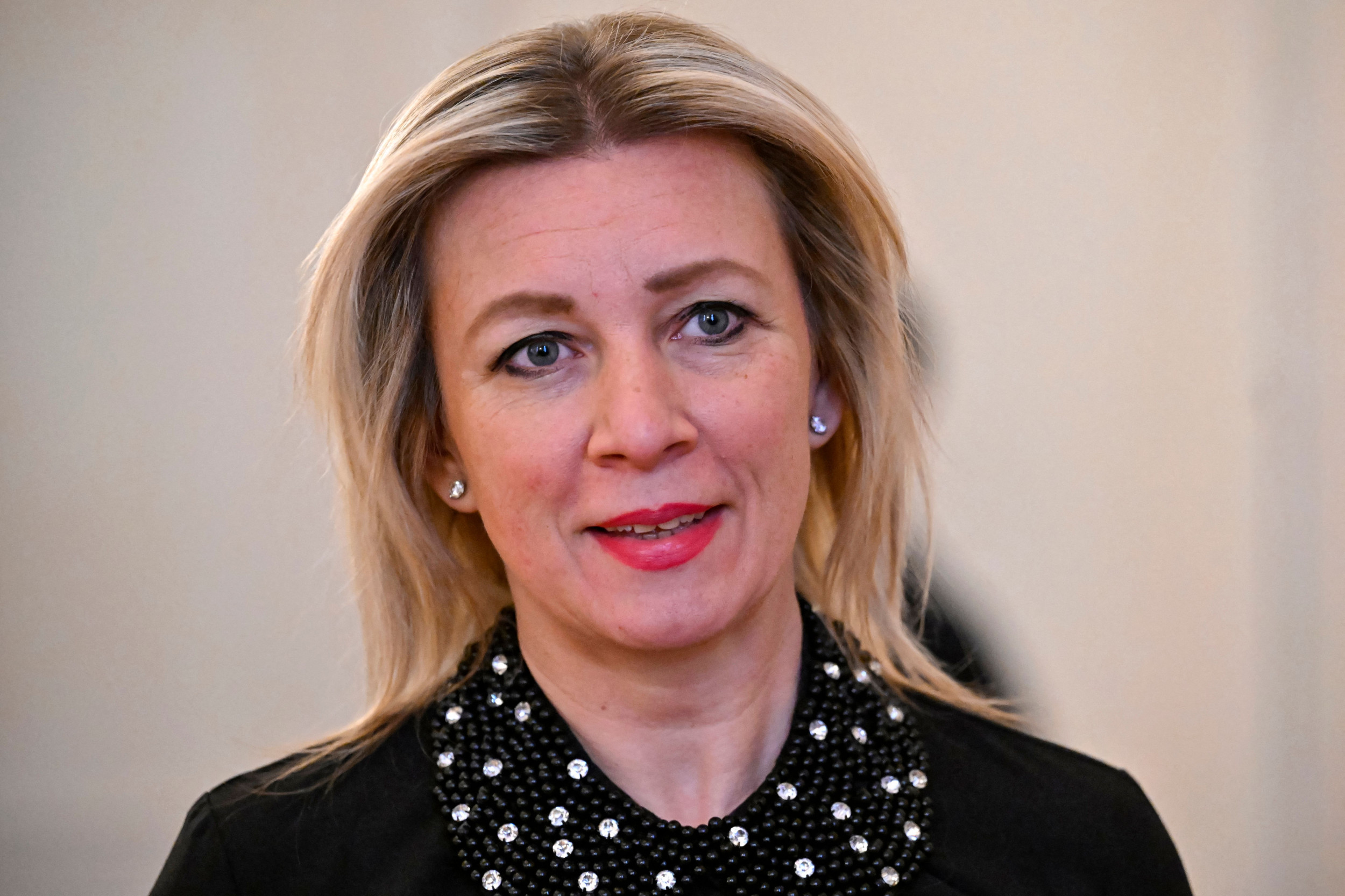

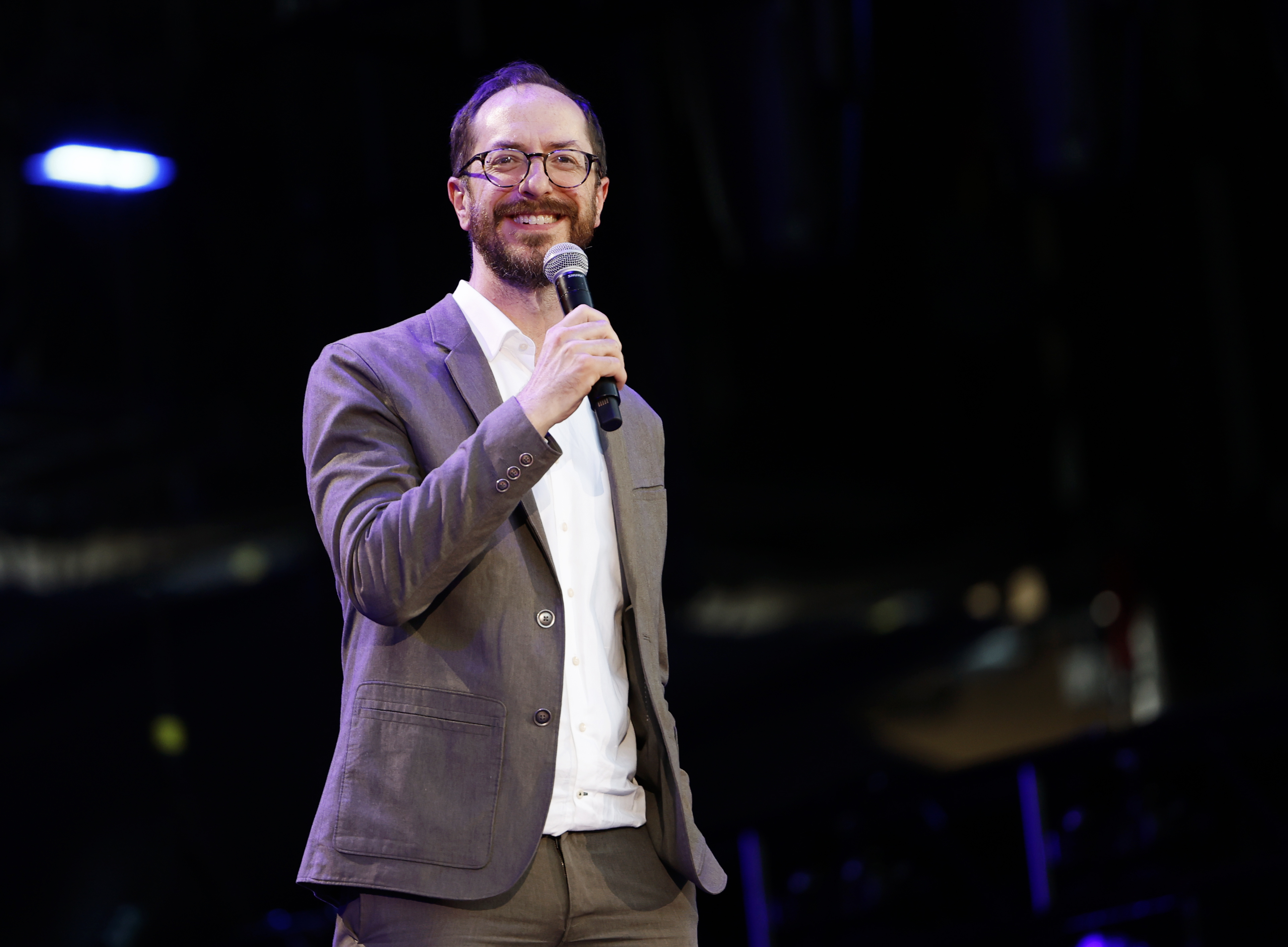








 English (US) ·
English (US) ·